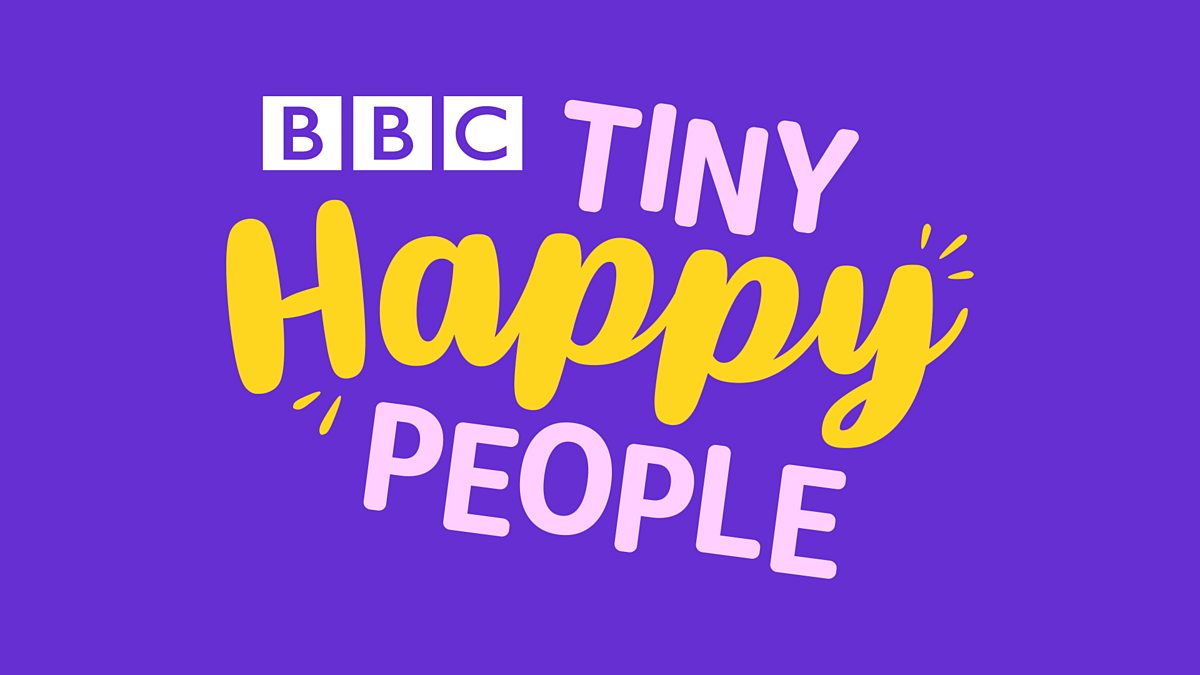
My primary research focus is developmental psychology. I’m interested in how the ability to interact and share experiences with others develops, starting in infancy and continuing into later childhood.
The development of social norm understanding across cultures.
Continuing my postdoctoral collaboration with Dr Bailey House and Professor Katie Slocombe at the University of York, I am investigating how children’s prosocial behaviour (for example, how they share resources with others) is influenced by their understanding of social norms- the hidden societal rules about how we ought to act.
This research is with participants in two very different cultural contexts- urban UK, and rural Uganda.


We’re looking at questions like:
How does children’s knowledge of social norms vary across different cultures?
How does cultural context influence whether children actually comply with social norms?
Promoting caregiver responsiveness and infant communication.
After completing my PhD, I was a Postdoctoral Research Associate working with Professor Danielle Matthews at the University of Sheffield.
I was part of a team evaluating the effectiveness of BBC Education’s Tiny Happy People service in supporting child language outcomes, funded by BBC Education.

In this research, we were assessing whether texting caregivers with links to relevant Tiny Happy People videos (see here for some examples) could promote responsive caregiver interaction, thereby promoting child communication and language.
These data also allow us to addresses theoretically-relevant questions. Here’s what we’ve been working on:
Can we increase how much infants communicate by influencing the responsiveness of their caregivers? (accepted, Philosophical Transactions of the Royal Society B, here)
What combinations of infant communication and caregiver response best predict those infants’ vocabulary outcomes? (preregistration here)
I continue to be involved in follow-up research building on this work, funded by the Nuffield Foundation (see here for details).
The developmental origins of communication and joint attention.

For my PhD research, with Professor Malinda Carpenter, I conducted longitudinal research with 6- to 12-month old infants, using behavioural tasks, observations, and interviews to try and understand infants’ social development. We addressed questions like:
When do infants start to share attention with others to the world around them? (Salter & Carpenter, 2025)
When do referential gestures begin to emerge in infancy? (Salter & Carpenter, 2022)
How do caregivers understand and interpret their baby’s communicative development? (Salter & Carpenter, in prep)
Published research.
Salter, G., Bannard, C. Fricke, F., Hancock, E., Levickis, P., Pavlou-Rodriguez, A., Pine, J., Solaiman, K., Smith, E., Thornton, E., Willis, M. & Matthews, D. (2025). Learning mechanisms influencing infants’ early socio-pragmatic abilities. Philosophical Transactions of the Royal Society B.
“Advanced pragmatic skills are hypothesised to depend on early experience of interaction. However, we do not yet fully understand the causal pathways involved. In the current study, we explored one potential early learning mechanism by assessing whether increasing caregiver responsiveness to infant communication in turn promotes infants’ prelinguistic communicative acts.”
Link.
Salter, G., & Carpenter, M. (2025). The developmental origins of joint attention: Infants’ early joint attention bids. Infancy 30(2), e70012.
“There are theoretical debates about the definition of joint attention, and empirical debates about when it emerges in development. Here we addressed both debates by investigating the emergence of infants’ communicative joint attention bids: looks to their partner’s face, accompanied by communicative facial expressions and/or vocalizations, to attempt to initiate joint attention to a referent. “
Link.
Salter, G., & Carpenter, M. (2022). Showing and giving: from incipient to conventional forms. Philosophical Transactions of the Royal Society B, 377(1859), 20210102.
“Gestures are one of the earliest means that infants
employ to communicate with others, and showing and giving are among the earliest-emerging gestures. However, there are limited data on the processes that lead up to the emergence of conventional showing and giving gestures. “
Link.
Salter, G., & Breheny, R. (2019). Removing shared information improves 3-and 4-year-olds’ performance on a change-of-location explicit false belief task. Journal of experimental child psychology, 187.
“We conclude that a bias toward shared information is a relevant factor in understanding children’s difficulty with the standard test question used in the change-of-location explicit false belief task.”
Link.
All images used are either free-use, or displayed with the consent of those appearing in them, or their caregiver(s).